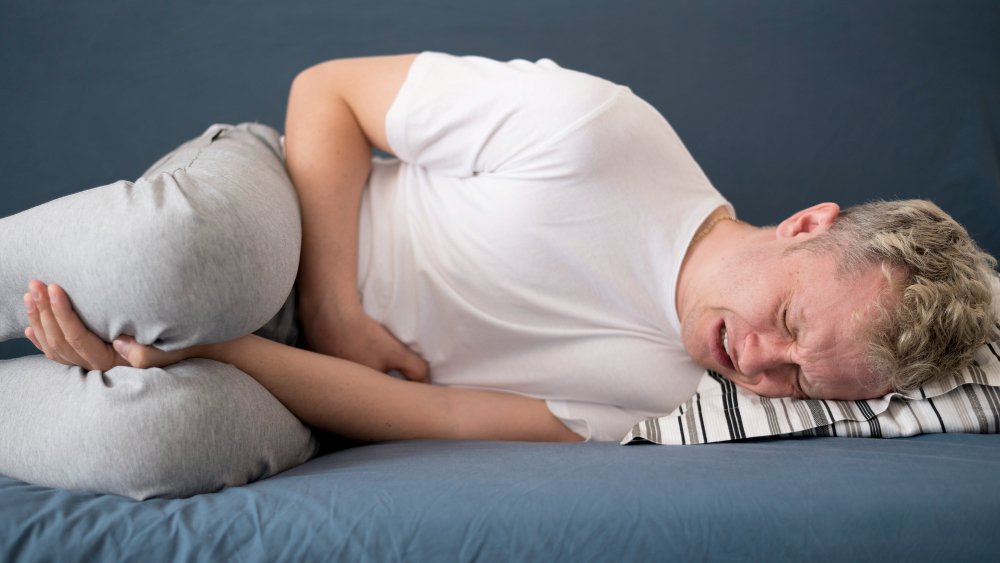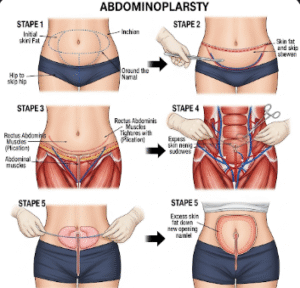Overview
Urethral Syndrome is a condition characterized by symptoms of urethral irritation—such as painful urination and frequent urge to urinate—without any clear evidence of a bacterial infection or identifiable pathology. It is more commonly diagnosed in women and can be chronic or recurrent. Although not life-threatening, urethral syndrome can significantly affect quality of life and often requires a multifaceted treatment approach.
What is Urethral Syndrome
Urethral Syndrome is a clinical diagnosis given to patients who exhibit symptoms of urethral inflammation or infection, such as burning during urination and urinary urgency or frequency, but without evidence of a urinary tract infection or other identifiable urological condition. It is most common in women, particularly postmenopausal or perimenopausal, though it can affect men as well. The syndrome may result from irritation, hormonal changes, or psychological factors and often overlaps with conditions like interstitial cystitis or overactive bladder.
Symptoms
- Burning sensation during urination (dysuria)
- Frequent need to urinate (increased daytime and nighttime frequency)
- Urgent need to urinate
- Discomfort or pressure in the lower abdomen or urethral area
- Pain during or after urination
- Absence of detectable bacteria in urine culture
- Symptoms that come and go or worsen during stress or hormonal changes
Causes
The exact cause of urethral syndrome is often unclear, but several potential contributing factors include:
- Previous urinary tract infections that sensitized the urethral lining
- Hormonal changes, particularly reduced estrogen in postmenopausal women
- Irritation from soaps, detergents, tight clothing, or sexual activity
- Pelvic floor muscle tension or dysfunction
- Stress or anxiety, which may exacerbate symptoms
- Interstitial cystitis/bladder pain syndrome overlap
- Unknown inflammatory mechanisms affecting the urethral lining
Risk Factors
- Female gender, especially in middle-aged and older women
- Postmenopausal hormonal changes
- History of UTIs or frequent antibiotic use
- Use of irritant personal care products
- Stress or emotional trauma
- Sexual activity that causes urethral irritation
- Tight clothing or poor hygiene practices
- Underlying pelvic floor disorders
Complications
Though not physically dangerous, urethral syndrome can significantly affect quality of life:
- Chronic discomfort or urinary distress
- Reduced sexual satisfaction or avoidance of intimacy
- Sleep disturbances due to nocturia (nighttime urination)
- Emotional distress, anxiety, or depression
- Frequent medical visits and diagnostic testing
- Potential overtreatment with antibiotics
Prevention
While urethral syndrome may not always be preventable, these strategies can help reduce the risk or frequency of episodes:
- Avoid harsh soaps, douches, or scented products in the genital area
- Stay well-hydrated to flush out irritants
- Urinate after intercourse to reduce irritation
- Wear breathable, cotton underwear and avoid tight clothing
- Use lubricants during intercourse if dryness is present
- Manage stress with mindfulness or relaxation exercises
- Consider estrogen cream in postmenopausal women (under medical guidance)
Treatment Options in Korea
South Korea offers a comprehensive, multidisciplinary approach to diagnosing and managing urethral syndrome. Treatment often includes both physical and behavioral strategies:
- Symptomatic treatment:
- Mild pain relievers (e.g., acetaminophen, ibuprofen)
- Urinary alkalinizers to reduce discomfort during urination
- Topical estrogen therapy: In postmenopausal women with estrogen deficiency
- Anticholinergic medications: If bladder overactivity is contributing
- Pelvic floor physical therapy: To relieve muscle tension and improve voiding function
- Behavioral therapy:
- Bladder training programs
- Stress management and cognitive behavioral therapy (CBT)
- Lifestyle modification and dietary guidance: To avoid bladder irritants
- Careful monitoring: To avoid unnecessary antibiotic overuse
South Korea’s urology and gynecology specialists collaborate closely to provide patient-centered care, ensuring long-term symptom relief and improved quality of life.













